Umlaut Big Band - Mary's Ideas (2021) [Hi-Res]
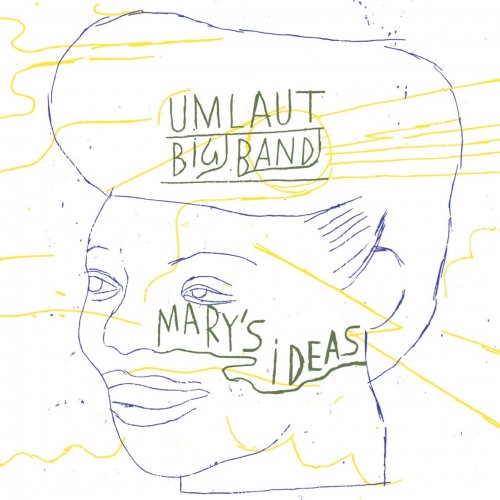
Artist: Umlaut Big Band, Pierre-Antoine Badaroux
Title: Mary's Ideas: Umlaut Big Band plays Mary Lou Williams
Year Of Release: 2021
Label: Umlaut Records
Genre: Jazz
Quality: FLAC (tracks + booklet) [96kHz/24bit] / FLAC (tracks) / MP3
Total Time: 2:32:03
Total Size: 2.89 GB / 868 / 354 MB
WebSite: Album Preview
Tracklist:Title: Mary's Ideas: Umlaut Big Band plays Mary Lou Williams
Year Of Release: 2021
Label: Umlaut Records
Genre: Jazz
Quality: FLAC (tracks + booklet) [96kHz/24bit] / FLAC (tracks) / MP3
Total Time: 2:32:03
Total Size: 2.89 GB / 868 / 354 MB
WebSite: Album Preview
01. History of Jazz for Wind Symphony: Introduction - Suffering
02. Chunka Lunk
03. New Musical Express
04. Just an Idea (Mary's Idea)
05. Medi No.2
06. Truth
07. Aries
08. The Count
09. Harmony Blues
10. Mary's Idea (1930)
11. After You've Gone
12. Body and Soul
13. Mary Steps Out
14. Gjon Mili's Jam Session
15. Sweet Georgia Brown
16. Stardust (Big Band Version)
17. Lonely Moments (1943)
18. Sleepy Valley
19. Kool
20. Conversation
21. Scorpio
22. Untitled Incidental Music (Excerpts)
23. Fill the Cup
24. Blue Skies
25. Joe
26. O.W.
27. Mary's Idea
28. Stardust (Trio)
29. Lonely Moments (1946)
30. Ghost of Love
31. Fifth Dimension
32. Earl's Boogie
33. Roll 'Em
34. Taurus
35. Aquarius
36. Virgo
37. History of Jazz for Wind Symphony: Spiritual #1 - Spiritual #2
38. Fandangle
39. Zoning Fungus II
40. Chief Natoma from Tacoma
41. Shafi
42. Rosa Mae
Since 2011, the Umlaut Big Band has made a specialty of going back to the early decades of jazz to revive the music of the great bands of that era, while commissioning contemporary composers to write new works.
After working on Don Redman in 2018, the Umlaut Big Band continues its series of portraits of forgotten composer-arrangers by focusing on the work of Mary Lou Williams (1910-1981), a prolific musician whose career spanned 50 years of jazz history, constantly open by its transformations.
Initially a pianist and prolific arranger for Andy Kirk's orchestra, she aroused the curiosity of the public – for women instrumentalists were rare in this male-dominated milieu – and in the 1940s became the mentor of Thelonious Monk, Bud Powell and Dizzy Gillespie. She wrote for Duke Ellington and Benny Goodman on numerous occasions and collaborated with Cecil Taylor, Shafi Hadi and Buster Williams in the 1970s.
The personal archives of Mary Lou Williams, preserved at the Institute of Jazz Studies in Newark, bear the traces of this prolific trajectory. The original manuscripts, mostly unpublished, served as the main source for this project informed by precise historical research. Thus, the Umlaut Big Band allows us to hear for the first time numerous compositions written between 1930 and 1981.
Here, for the first time, the work of Mary Lou Williams the composer and arranger, has been considered as a whole. This album was conceived around themes specific to her musical practice: her relationship to the blues, the influence of Kansas City, the rewriting and reinvention of old works, the expression of a point of view on history and a relationship to youth. A reading that we hope will shed new light on an unjustly neglected figure.
After working on Don Redman in 2018, the Umlaut Big Band continues its series of portraits of forgotten composer-arrangers by focusing on the work of Mary Lou Williams (1910-1981), a prolific musician whose career spanned 50 years of jazz history, constantly open by its transformations.
Initially a pianist and prolific arranger for Andy Kirk's orchestra, she aroused the curiosity of the public – for women instrumentalists were rare in this male-dominated milieu – and in the 1940s became the mentor of Thelonious Monk, Bud Powell and Dizzy Gillespie. She wrote for Duke Ellington and Benny Goodman on numerous occasions and collaborated with Cecil Taylor, Shafi Hadi and Buster Williams in the 1970s.
The personal archives of Mary Lou Williams, preserved at the Institute of Jazz Studies in Newark, bear the traces of this prolific trajectory. The original manuscripts, mostly unpublished, served as the main source for this project informed by precise historical research. Thus, the Umlaut Big Band allows us to hear for the first time numerous compositions written between 1930 and 1981.
Here, for the first time, the work of Mary Lou Williams the composer and arranger, has been considered as a whole. This album was conceived around themes specific to her musical practice: her relationship to the blues, the influence of Kansas City, the rewriting and reinvention of old works, the expression of a point of view on history and a relationship to youth. A reading that we hope will shed new light on an unjustly neglected figure.
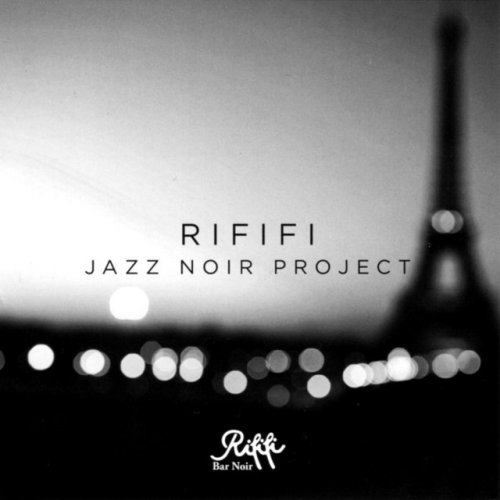
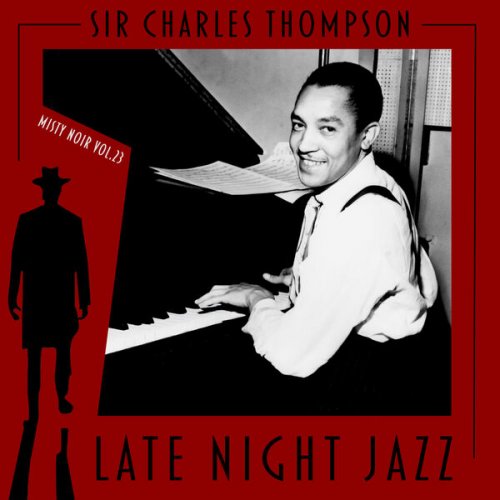
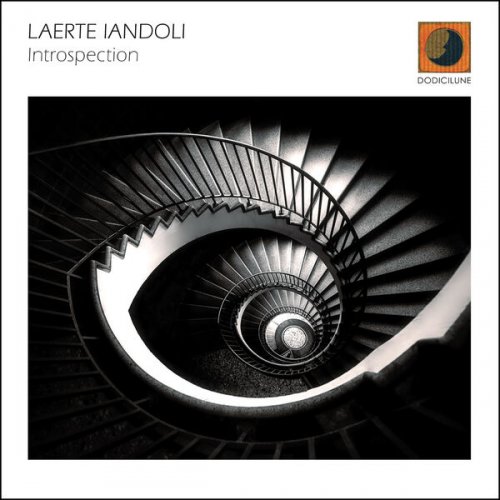


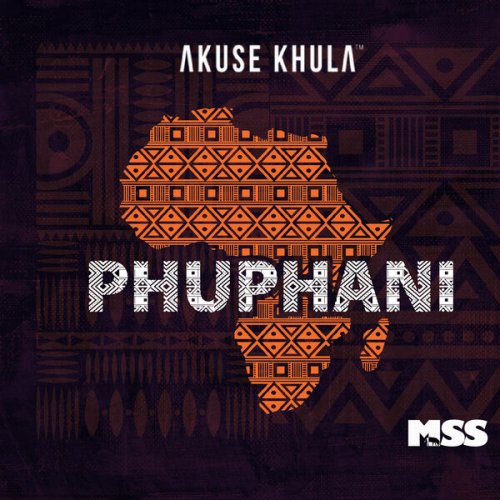

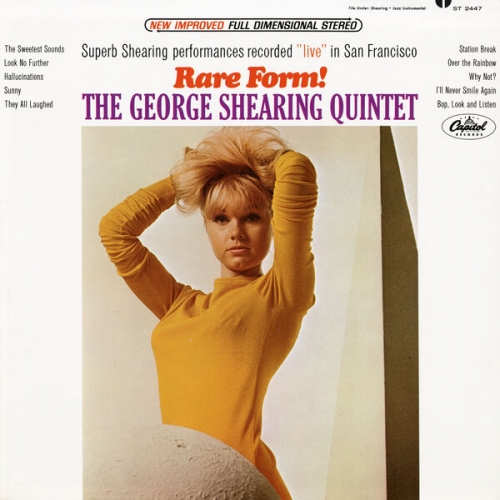
![Rick Braun - Intimate Secrets (1992) [CDRip] Rick Braun - Intimate Secrets (1992) [CDRip]](https://www.dibpic.com/uploads/posts/2026-03/1772427179_5.jpg)